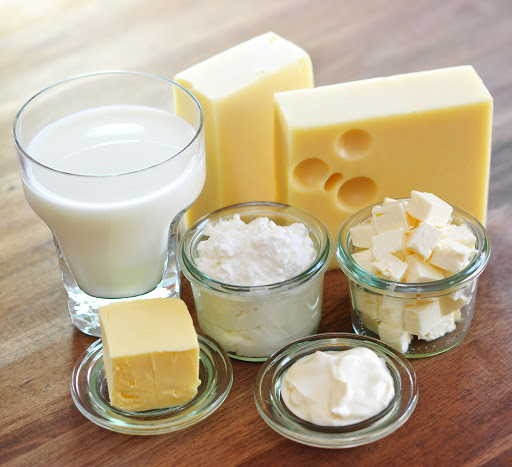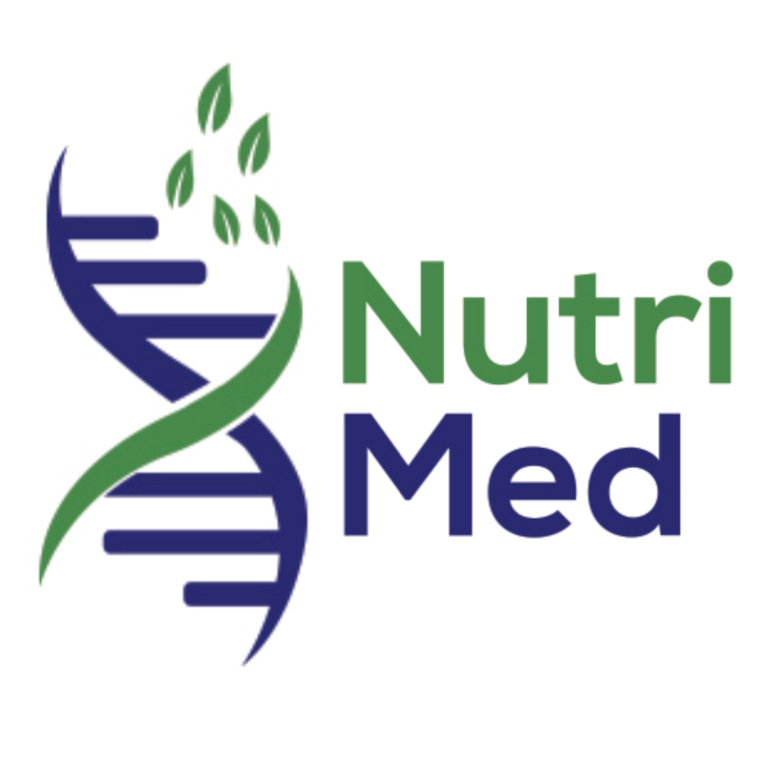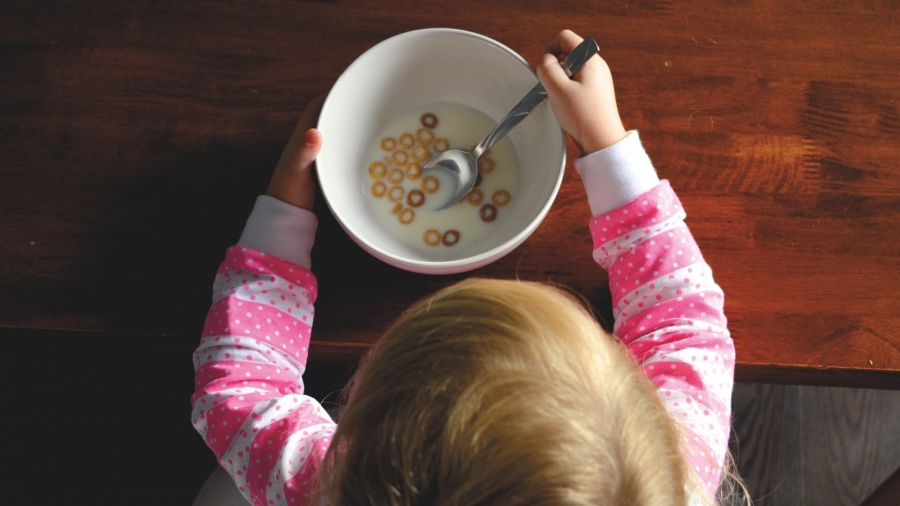It has been found that a majority of children with ASD display gastrointestinal symptoms, and an increased intestinal permeability. Therefore, nutrition-related factors have been hypothesized to play a causal role in the etiology of ASD and its symptoms. In addition, the GI symptoms are strongly correlated with the severity of autism.
GI abnormalities in the gut of autistic children compared with healthy or sibling controls have been widely studied. have indicated that 70 % of children with ASD report having a history of GI complaints, against 28 % of neurotypical controls, and that relationship between an improved gut health and a reduction of symptoms in some patients was evaluated.

A recent study revealed that frequency of lactase deficiency was 58% in autistic children ≤ 5 years and 65% in autistic older patients. Lactose intolerance can lead to:
- Abdominal bloating, pain or cramps
- Rumbling sounds in the stomach
- Diarrhea, flatulence or gas
- Nausea
Eliminating lactose from autistic child diet could have positive impact not only on gastro intestinal symptoms but might improve autism traits.
What foods contain Lactose
Lactose can be found mainly in milk and milk products like yogurt, cheese, cream, and butter. But it’s also in some breads and baked goods, pancake mixes, cookies and candy.


 Cart is empty
Cart is empty 